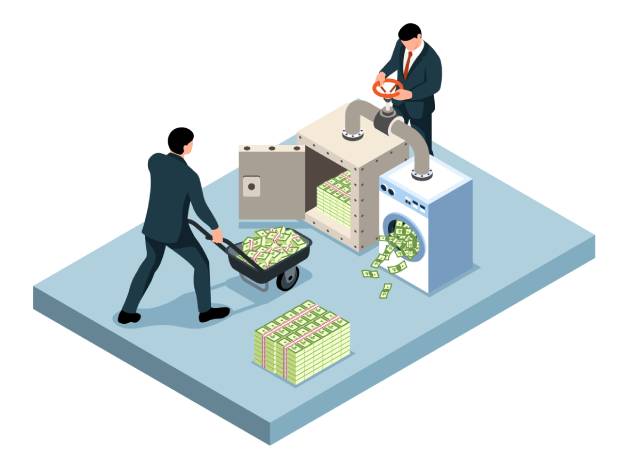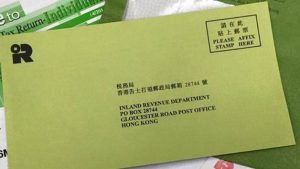Money laundering, also known as money laundering, money laundering, or money laundering, refers to the money, counterfeit money, etc. obtained through criminal or other illegal means, through legal financial operations and other methods, and finally “laundered” into seemingly legitimate funds. Money laundering is often associated with economic crimes such as corruption, bribery, gambling and fraud, as well as organized crimes such as drugs, terrorism, arms smuggling, human trafficking, piracy and smuggling, and is often carried out through transnational means.
In addition to concealing the proceeds of crime, the term “money laundering” is often used in a broader sense, often including the financing of terrorist activities, and the full name is “Money Laundering and Financing of Terrorism”, which separates the financing of terrorism from the general crime. Common features of money laundering include the movement of high, unaccounted money between organizations and accounts, with the primary purpose of laundering or obscuring the origin of funds regardless of cost. Criminals take advantage of the laws, regulations and procedures of different countries, as well as the creation of false or actual economic activities, to legalize funds in the relevant jurisdictions.
Governments and international organizations have legal and regulatory mechanisms in place to combat money laundering, such as the Financial Action Task Force (FATF) guidelines, to prevent the financial system from being used to launder illicit funds. Banks and other financial institutions must also comply with strict customer due diligence and reporting of suspicious transactions to assist in the detection and prevention of money laundering.
Anti-Money Laundering and Counter-Terrorist Financing htps://www.hkma.gov.hk/chi/key-functions/banking/anti-money-laundering-and-counter-financing-of-terrorism/aml-cft-regtech/




